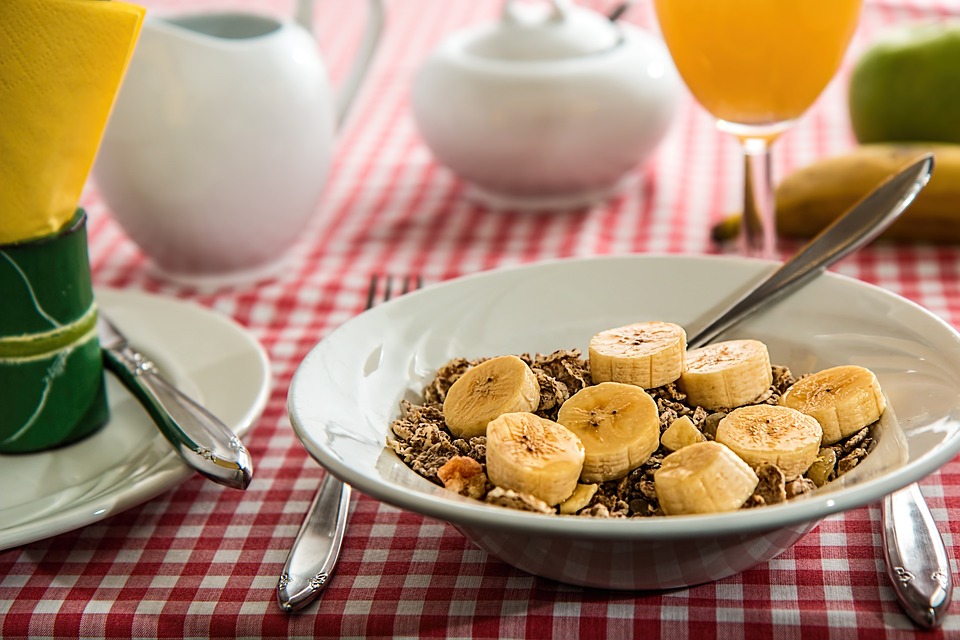Kidney stones are a painful condition that affect millions of people worldwide. These small, hard masses form in the kidneys and can cause excruciating pain when they pass through the urinary tract. While there are many factors that can contribute to the formation of kidney stones, diet plays a crucial role in their prevention. To help you avoid this painful condition, we’ve compiled the ultimate diet to prevent kidney stones. Here’s what to eat and what to avoid:
1. Drink Plenty of Water: Staying hydrated is key to preventing kidney stones. Aim to drink at least 8-10 glasses of water a day. If you struggle to drink enough water, try adding fresh lemon or lime juice for a boost of flavor.
2. Eat Calcium-Rich Foods: Contrary to popular belief, calcium can actually help prevent kidney stones. Calcium binds with oxalate (a substance that can contribute to stone formation) in the digestive tract and helps prevent it from being absorbed into the bloodstream. Good sources of calcium include dairy products, leafy green vegetables, and canned salmon.
3. Limit Oxalate-Rich Foods: While calcium can help prevent kidney stones, oxalate can contribute to their formation. Foods high in oxalate include spinach, beets, rhubarb, nuts, and chocolate. Limit your intake of these foods, but don’t eliminate them completely.
4. Choose Low-Sodium Foods: A diet high in sodium can increase the risk of kidney stones. Opt for low-sodium options whenever possible, and avoid processed foods and fast food.
5. Get Plenty of Potassium: Potassium can help prevent the formation of kidney stones by neutralizing acids in the urine. Good sources of potassium include bananas, avocados, sweet potatoes, and beans.
6. Avoid Soda and Sugary Drinks: Soda and other sugary drinks can increase the risk of kidney stones. Stick to water, unsweetened tea, and coffee.
7. Eat Plenty of Fiber: A diet high in fiber can help prevent kidney stones by binding with calcium and other substances in the digestive tract and preventing them from being absorbed into the bloodstream. Good sources of fiber include fruits, vegetables, whole grains, and legumes.
By following these dietary guidelines, you can significantly reduce your risk of developing kidney stones. Remember to stay hydrated, limit your intake of oxalate-rich foods, and choose low-sodium options whenever possible. With these tips, you can enjoy a healthy, stone-free life.




